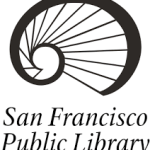Grasshopper Film – Single Take: Lynne Sachs on Jean-Luc Godard
As much I call myself a cinéphile, there are certain times in my filmmaking process — be it the production or post-production phase — when I try not to watch anything that is not going to help me strategize on how to solve a particular obstacle in front of me.









